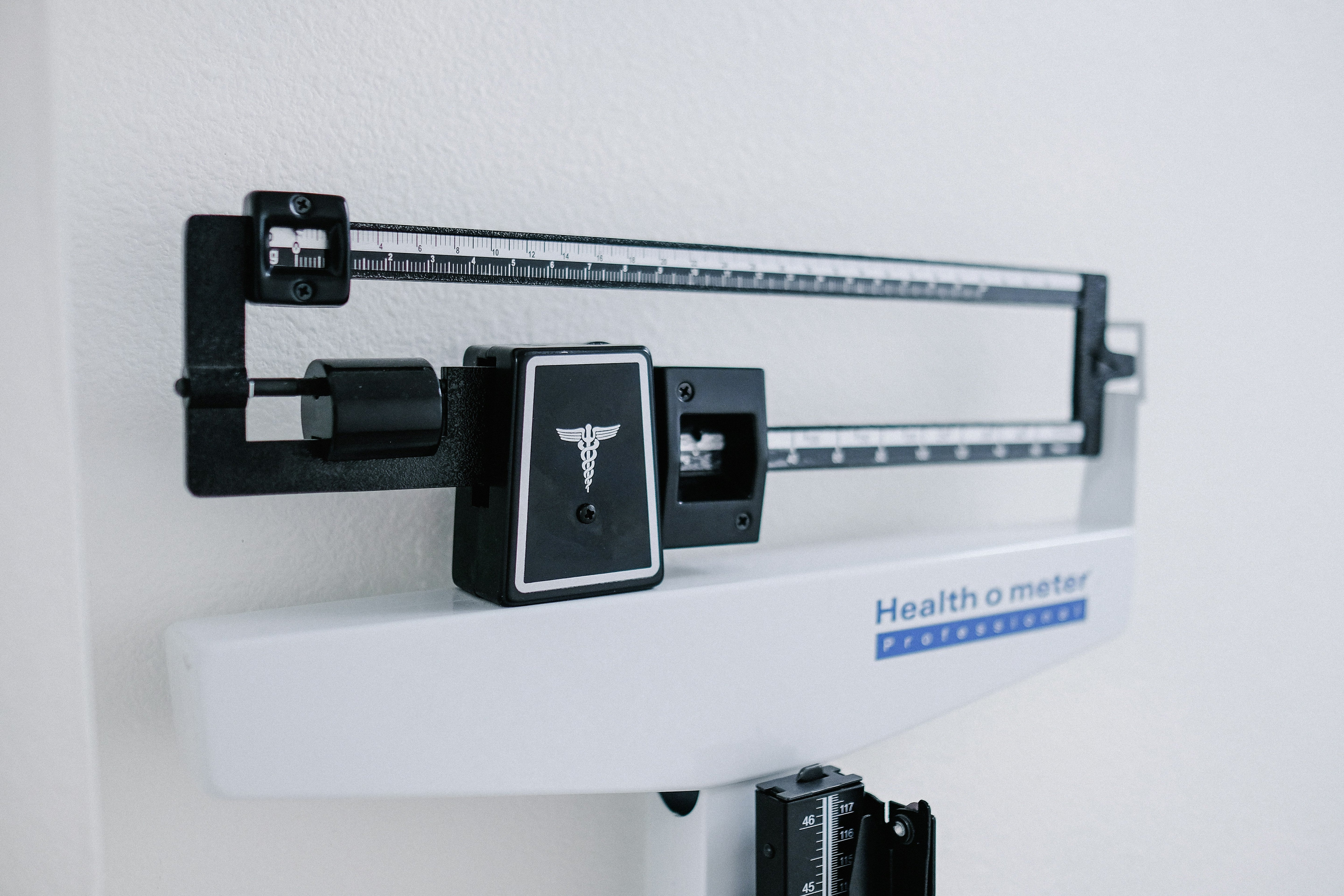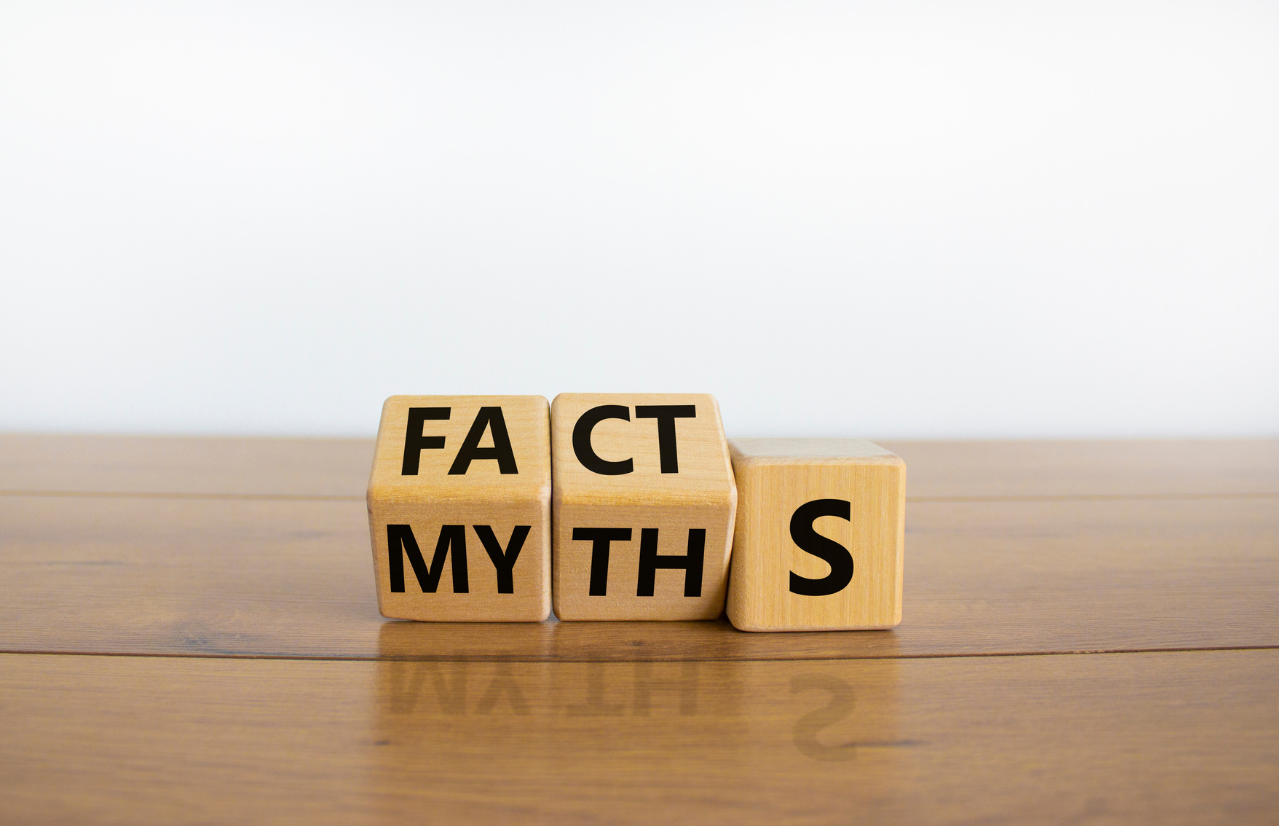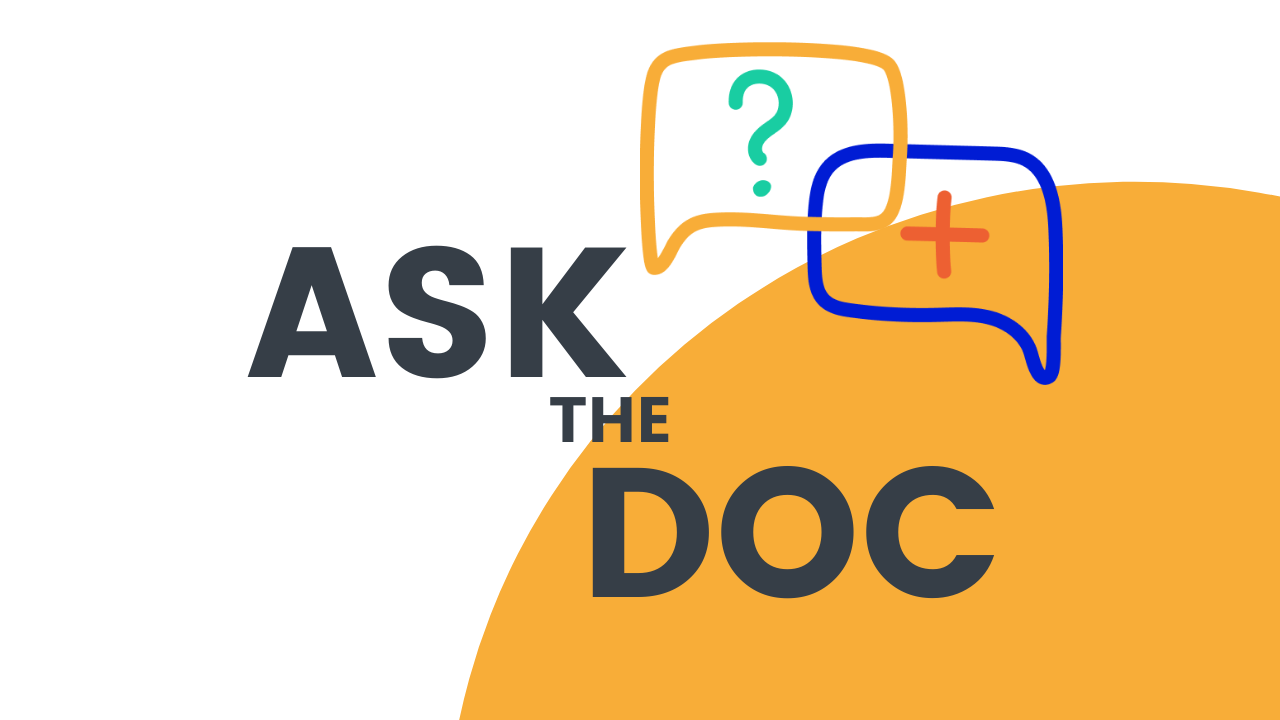Your heart health is affected by a multitude of factors. Not least of which is your diet. The fast-food rich “Western Diet” includes many components that promote the development of cardiovascular disease. Taking control of your diet can not only improve everyday health and wellness, but reduce your risk of heart attacks. It can help you achieve a healthy weight, reduce your risk of developing diabetes, lower your blood pressure and improve your cholesterol levels.
In fact, a healthy diet can improve your wellbeing even if you have a heart condition already.
Food Groups
Many fad diets tend to center around one or a few miracle foods. However, these diets are often difficult to follow in the long run and may lack in certain nutrients that your body needs. A healthy diet should provide you with the nutrients you need and be sustainable in the long run. One of the easiest ways to approach a healthy diet is to organise foods into larger groups.
- Fruits and Vegetables, like broccoli, peaches and bell peppers
- Carbohydrates, like potatoes, pasta and whole wheat bread
- Milk and dairy products, like cheese cream and butter
- Meat and proteins, like fish, tofu and chicken
These are large generalised groups that help us organise what and how much we should eat. We will treat them with more detail below.
Sweets are not usually advocated as a primary component of a balanced diet. Keeping their consumption to a minimum is a good first step towards a healthy diet.
Fruits and Vegetables
Fruits and vegetables compose perhaps the most important component of any balanced diet. Generally, a portion is roughly a handful and 5 portions are the most common recommended daily intake. It is best to mix up the types of veggies and fruits you eat to further balance the number of nutrients.
In addition to a number of healthy vitamins and minerals, fruit and veg contain fibre. Fibre is an indigestible structural component of plants and an indispensable part of a balanced diet. Fibre helps maintain proper metabolism of cholesterol and is important for maintaining bowel health.
1 Apple is a good example of a serving of fruit.
Other serving suggestions are:
- 4 Broccoli florets
- 3 Apricots
- 1 150ML juice or smoothie
It is important to remember that juices and smoothies can only ever count towards a single serving of fruit and veg per day.
Carbohydrates
Carbohydrates from complex sources form a large part of many balanced diets. These come from starchy foods like potatoes, breads, pastas and cereals. The exact amount you require may vary depending on the diet you choose, but starchy foods and carbohydrates contain a number of nutrients to aid in a balanced diet.
Serving sizes for carbohydrates can vary greatly depending on the type, source, and preparation method. In general, it is best to involve whole grains and non-fried starchy foods in your meals to get the broadest range of nutrients possible.
It is important to watch the method by which starches and carbohydrates are prepared. Frying and especially deep-frying can sap many important nutrients and saturate the food with calorie-heavy fats.
Milk and Dairy
Milk and dairy can provide useful minerals and protein in your diet. However, they can contain a large amount of fats.
By switching to low-fat milk you can get all of the other nutrients in whole milk but with much less calorie heavy fat. Using mixed spreads instead of butter can lower fat content as well.
Low-fat dairy products like yoghurt can make an excellent source of protein. These can be especially tasty when mixed with fruits as part of your five-a-day.
Meat and Proteins
Meats and proteins provide amino acids that are important building blocks for our cells. However, many animal meats like beef and pork can contain saturated fats. Saturated fats are particularly prone to increasing fat and cholesterol levels in the blood. Limiting saturated fats in your diet can help keep their influence minimal.
Sticking to lean cuts of animal meat can lower your intake of saturated fats.
Fish is a great source of protein and is often high in omega-3 fatty acids. These are essential components of a healthy diet and help to promote heart health.
Beans and pulses can be a great source of protein as well. They have the added benefit of being high in dietary fibre. These can make an excellent alternative to meats and dairy, especially for those who wish to avoid animal products.
Alcohol
Alcohol is not inherently bad for you. However, it can have damaging effects if taken in excess. If you do decide to drink, it is important to limit yourself to the recommended guidelines.
Salt
Diets high in salt can overwhelm the kidneys and promote raised blood pressure. Limiting your salt intake can help keep your blood pressure low and decrease your risk of heart attack.
If you would like to know how you could better tailor your diet to your own genes with a simple, doctor reviewed test, please click here.





Share:
Feeling Full?